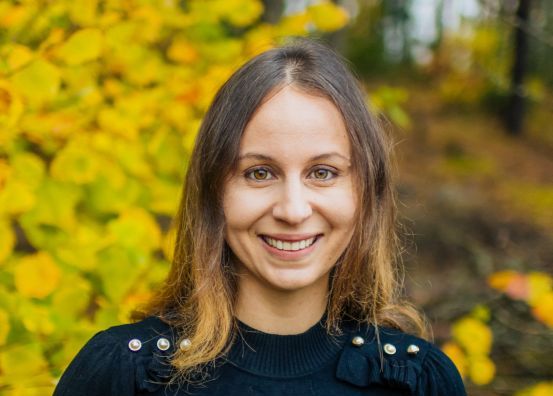Rebecca Böhme

Dr. Rebecca Böhme is an Associate Professor at the Center for Social and Affective Neuroscience in Linköping, Sweden, where she studies the sense of self. Her research employs behavioral measures, functional brain imaging, and psychedelic interventions to understand how we establish a bodily self, how we connect with each other, and what happens to the self in psychiatric conditions. Rebecca studied biology and neuroscience at the University of Heidelberg and the Max Planck research school in Tübingen. For her PhD at the psychiatry department of Charité Berlin, she received the For Women in Science price. Her research is funded by grants from the European Research Council and Vetenskapsrådet.
Psychedelics and the sense of self
Touch is fundamental to the development and maintenance of a coherent bodily self, emerging from early experiences of both self-touch and caregiver contact. This sense of bodily self remains deeply interwoven with our capacity for social connection and mental health throughout life. In this talk, I will present findings from my randomized, double-blind, placebo-controlled fMRI study investigating how ketamine, an anesthetic and dissociative substance considered a non-classical psychedelic, alters self-other distinction in the context of affective touch. Ketamine administration led to dissociative experiences, reduced interoceptive awareness, and diminished neural differentiation between self- and other-touch in a temporoparietal region. These findings illuminate the neural mechanisms by which psychedelic substances might cause ego-dissolution and increased feelings of connectedness. In addition, I will introduce my new study on the use of psilocybin for prolonged grief disorder, where I will investigate whether psilocybin can support the adaptation to the loss experience by re-establishing the sense of self.